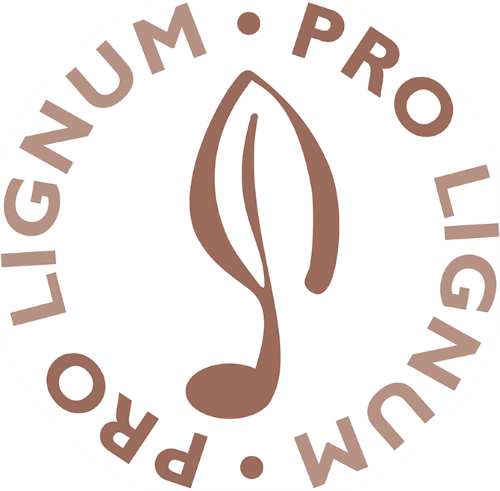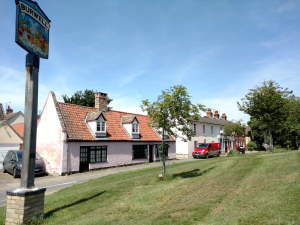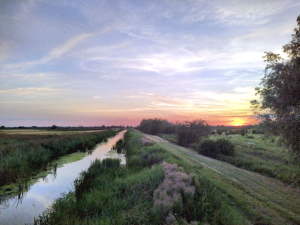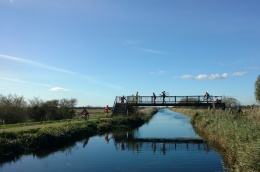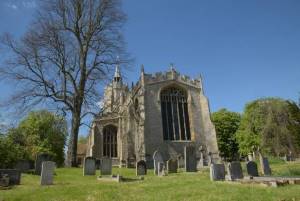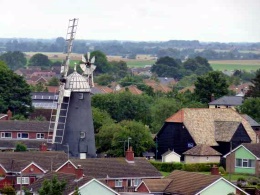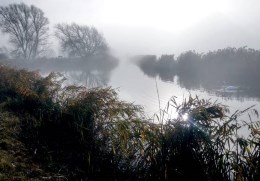Marjory Stephenson (1885-1948)
Reproduced by kind permission of the Royal Society of Chemistry - Ref: Marelene and Geoffrey Rayner-Canham, Chemistry in Britain, 35, 1, p.48 |
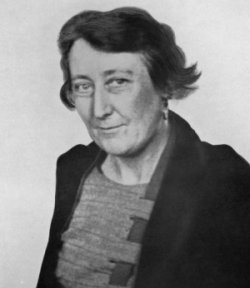
Of all of 'Hoppy's' (Frederick Gowland Hopkins) ladies, Marjory Stephenson is most deserving of recognition. The biochemical historian, Robert Kohler, showed that the field of bacterial biochemistry was, in large part, defined by Stephenson's work. (R. E. Kohler, Isis 1985, 76, 162). She was born on 24 January 1885 at Burwell, a village near Cambridge, and it was at Cambridge that she was to spend most of her life.
Stephenson attended Newnham from 1903 until 1906. After leaving Newnham she would have liked to have studied medicine, but lacking the financial resources, took teaching positions in domestic and household science for the next five years. Her first saviour was R. A. Plimmer at University College, London, who invited her in 1911 to teach advanced classes in the biochemistry of nutrition and to join his research group. As a result of her research on fat metabolism and on diabetes, Stephenson was awarded a Beit memorial fellowship in 1913. However, she relinquished the fellowship on the outbreak of war, running soup kitchens in France and then supervising a nurses' convalescent home in Salonika. She was awarded an MBE for her war work. In 1919, she took up her Beit fellowship again, moving to Cambridge to work with the greatest influence on her career, Hopkins. After the expiry of the fellowship, she worked on annual grants from the Medical Research Council until 1929 when she received a permanent post.
It was Hopkins who encouraged Stephenson to develop her own interests and she chose chemical microbiology. Stephenson was the first to separate a pure cell-free enzyme from bacteria - lactic dehydrogenase from E. coli. Next, with Leonard Stickland, she characterised the enzyme hydrogenase from bacteria, showing that bacteria used hydrogenase to produce methane and hydrogen sulphide. Next, she studied adaptive enzymes - enzymes that are not needed under normal conditions, but synthesised by bacteria in response to some external influence, such as a change in the growth medium. Her research work culminated in her book Bacterial metabolism, first published in 1929. The book was highly regarded, with a second edition published in 1938 and a third in 1949, with a paperback reprint appearing in 1966. Among the many honours for her role as a founder of bacterial chemistry was election in 1945 as one of the first two woman fellows of the Royal Society. She remained single, dying on 12 December 1948.
Obituary Notice in PDF
© Copyright The Royal Society of Chemistry, 1999. All rights reserved.
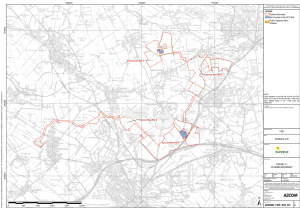
Latest Proposals
Project and
Current Status
(350 new homes)
Linden Homes
Web Site
Planning Docs
This Land -
Councillors
Express Concerns
This Land -
Council plays down
fears over loan
This Land Business Plan?
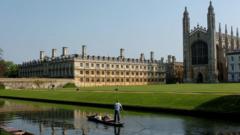 The University of Cambridge to keep vet school open
The University of Cambridge to keep vet school openThe university's general board agrees a new way forward for veterinary education.
 Derelict cafe just off the A11 set for demolition
Derelict cafe just off the A11 set for demolitionThe Comfort Cafe in Little Abington has been abandoned since 2018 and has fallen into disrepair.
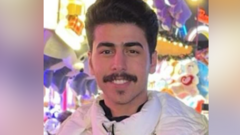 Man accused of Saudi student murder aimed to scare, court told
Man accused of Saudi student murder aimed to scare, court toldA 22-year-old man accused of murdering a Saudi student in Cambridge says he aimed to "scare".
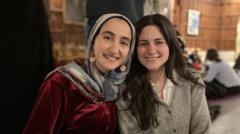 Open iftar at King's College 'unites' community
Open iftar at King's College 'unites' communityOrganisers hope the meal, which marks the end of a Ramadan fast, will help break down barriers.
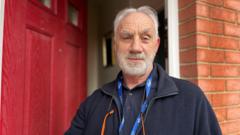 We do the jobs no-one else will, says handyman
We do the jobs no-one else will, says handymanThe county council is cutting funding for a handyperson service for older and disabled people.
 Nominations open for 2026 Make a Difference Awards
Nominations open for 2026 Make a Difference AwardsNominations are being taken as the BBC celebrates unsung heroes in local communities across the UK.
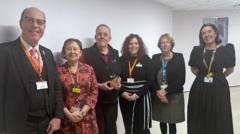 Award-winning radiographer praised for his work
Award-winning radiographer praised for his workPaul Newman shows "kindness, dedication and professionalism" in his work, an NHS trust says.
 LNER railway carriages saved for preservation
LNER railway carriages saved for preservationThe carriages have carried millions of passengers between London and the North East over the years.
 'I cleaned toilets while studying at Cambridge'
'I cleaned toilets while studying at Cambridge'Jade Franks uses her experience of classism to write a hit play which has been picked up by Netflix.
 Trains needing repairs causes travel disruption
Trains needing repairs causes travel disruptionPassengers are told to expect changes to their travel plans until the end of the day.
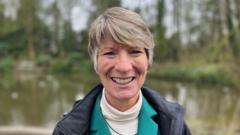 MP to introduce bill to protect UK chalk streams
MP to introduce bill to protect UK chalk streamsThe 10-minute bill is set to go before Parliament on 25 February.










